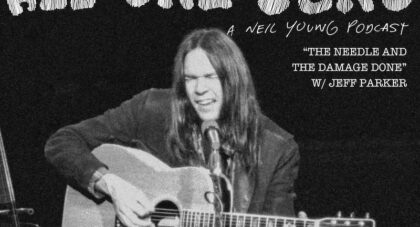Late last year Wadada Leo Smith turned 81. The trumpeter and composer has been making records since the late 1960s when he was part of Chicago’s AACM, and he’s recorded for everyone from ECM to Tzadik, doing everything from solo trumpet records to string quartets. But as he gets to an age when most slow down, Smith’s been even more prolific than ever. Last year saw seven discs of string quartets, plus another five of duos between him and musicians like Jack DeJohnette and Andrew Cyrille. And now there’s another set: Fire Illuminations, a digital only . . .
Only the good shit. Aquarium Drunkard is powered by its patrons. Keep the servers humming and help us continue doing it by pledging your support.
To continue reading, become a member or log in.


